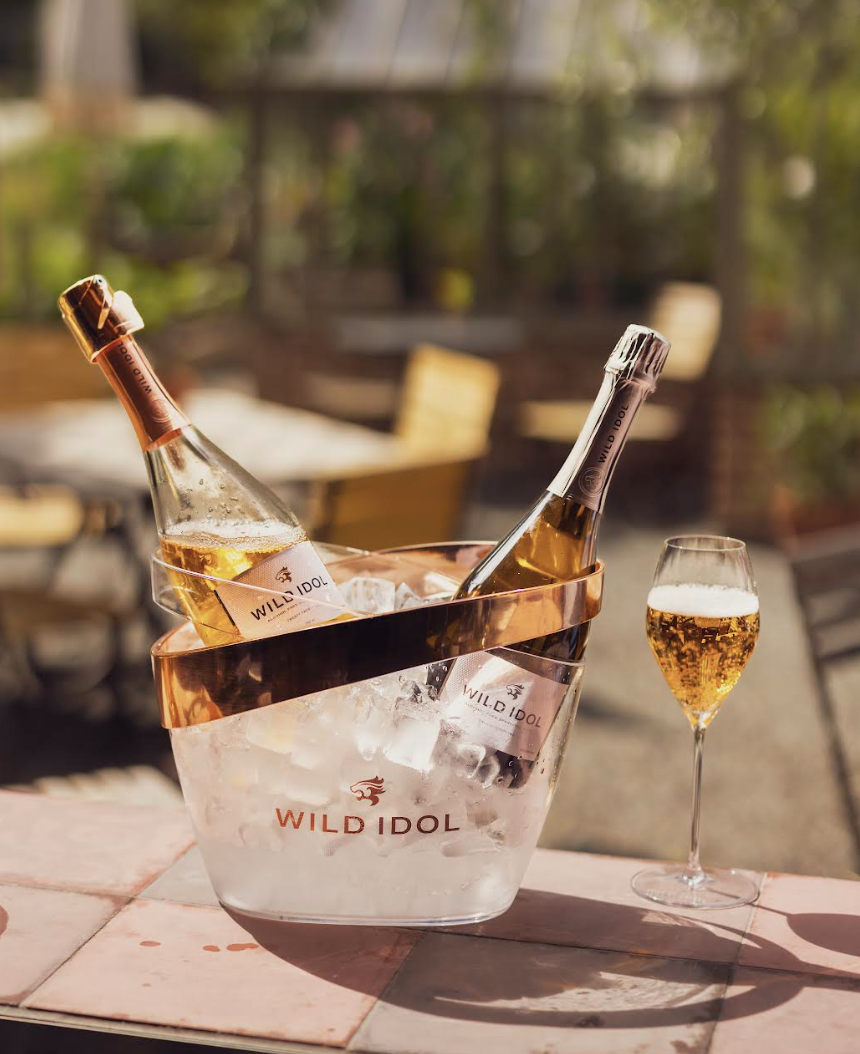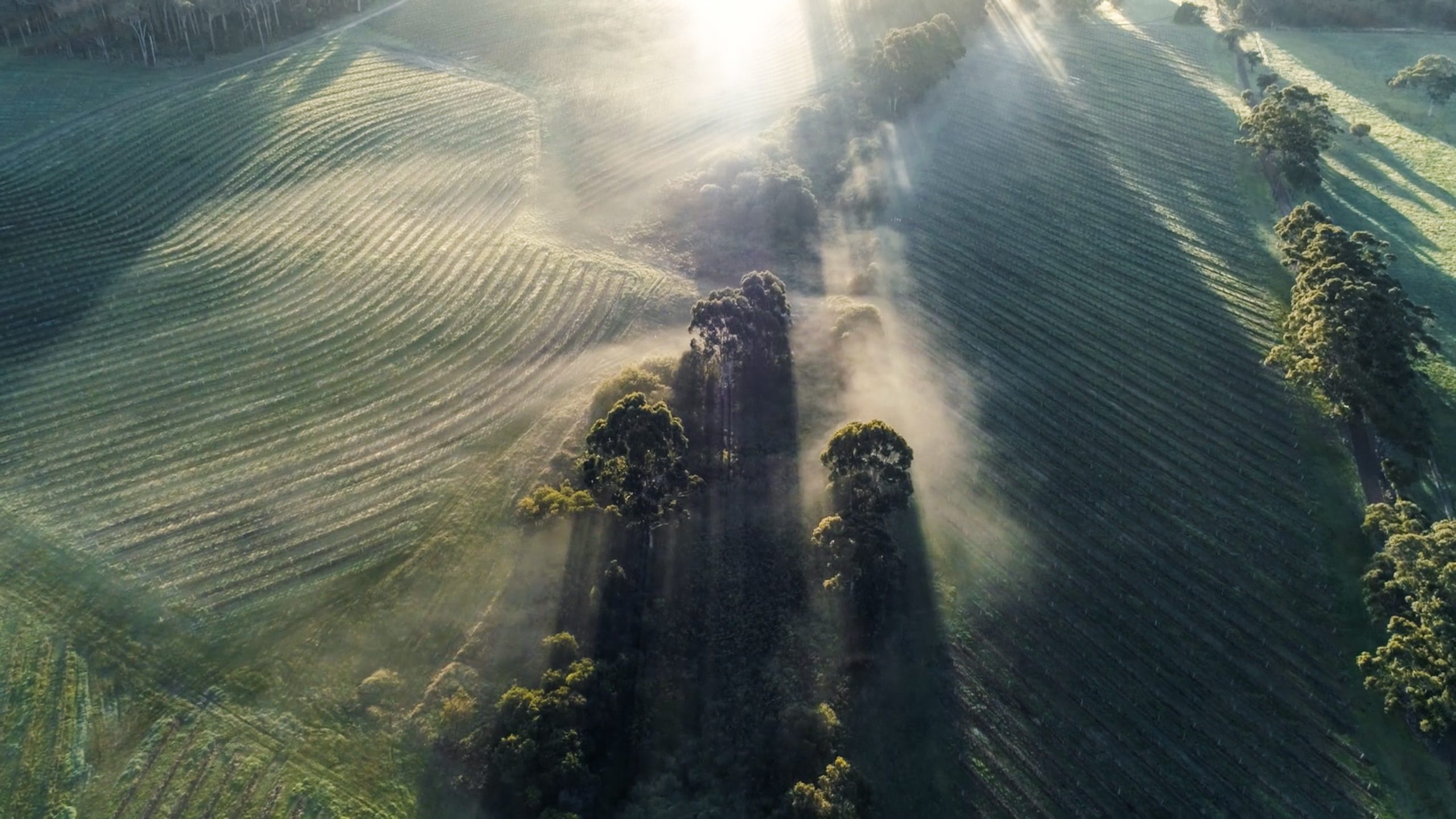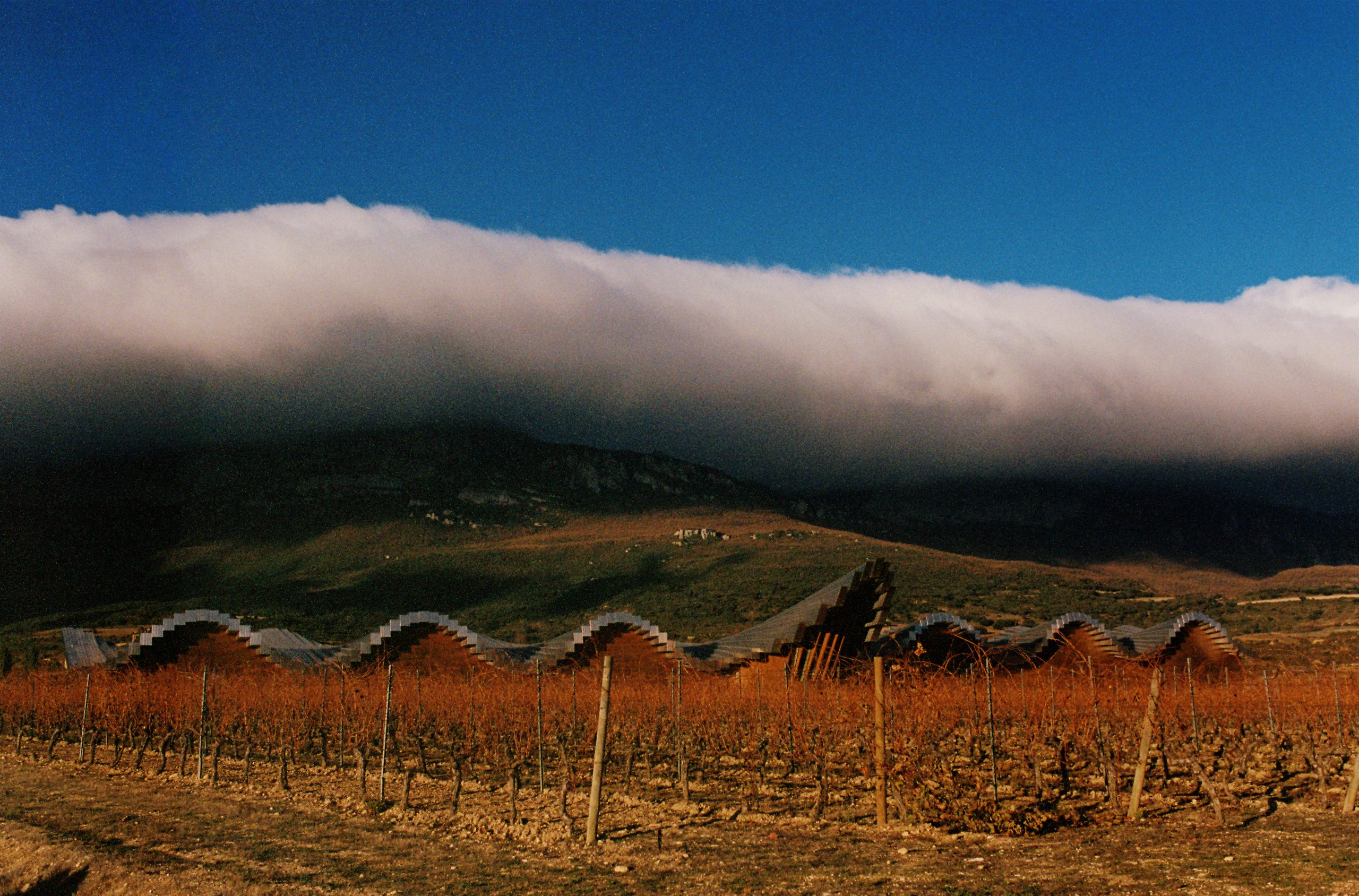Diageo signals turnaround as sales nudge upward
Diageo has reported a 5% rise in net sales for 2014/15, signalling a turnaround in the company’s fortunes after a challenging few years.
Releasing its preliminary end of year results this morning, Diageo reported a 5% rise in net sales to £10.8 billion ($16.85 billion), however organic net sales remained flat. Operating profits rose 3% to £2.8 billion ($2.37 billion). These are the first results released by Diageo which have taken into account Diageo’s takeover of United Spirits in 2014, which was said to have added £921 million of reported net sales and £53m of operating profit to the group.
This slightly improving picture follows what has been a difficult two years for Diageo. Last year the company saw net sales tumble by £1.1 billion to £10.3 billion, with the group having posted revenues of £11.4bn in 2013.
Taking organic growth by region, net sales dipped in all of Diageo’s major markets, except Africa. Net sales fell flat in Europe, by 1% in North America and Latin America and the Caribbean, and in Asia Pacific by 2%. Africa bucked the trend, increasing its net sales by 6% (£85 million).
Positive growth in Africa follows a recent push by Diageo on the buoyant South African, which has seen it restructure its business through the termination of a series of joint ventures there. In April, the drinks group took control of South Africa’s United National Breweries (UNB), acquiring the remaining 50% stake it did not already own.
Commenting on the group’s performance, Ivan Menezes, chief executive of Diageo said: “We acquired control of United Spirits in the year giving Diageo unparalleled access to one of the world’s most attractive spirits markets. We have enhanced our position in Tequila by acquiring the remaining 50% of Don Julio, a brand that is already growing net sales double digit and for which I see significant potential now we have full control.
Partner Content
“Our participation strategy is clear by market and category. We are focused on our core and have a more proactive approach to our portfolio. We sold Gleneagles in the year, and since the year end, have sold the shares USL owned in United Breweries and we restructured our South African operations to focus on spirits and monetise investments worth £125 million.”
In Europe “innovation remained a key performance driver”, driven by the success of Guinness’ “The Brewers Project”, which has helped put Guinness back in growth in both Great Britain and Ireland with net sales increasing by 2%. In Great Britain Cîroc, Haig Club and Captain Morgan drove spirits sales, while Smirnoff was back in growth with net sales up 1%.
In North America, overall net sales of spirits and wines declined by 2%, however the American whiskey category performed strongly, with net sales up 13%, largely driven by Crown Royal and its Crown Royal Regal Apple. Bulleit meanwhile drove one third of that category’s growth with net sales up 35%. In Scotch, Buchanan’s was the fastest growing brand in the United States, with net sales up over 20%. Net sales of Smirnoff declined 4%, dragged by poor performance of its flavour portfolio. Net sales of Tequila were up double digit, driven by 10% growth of Don Julio, which Diageo acquired earlier this year.
Jeremy Cunnington, senior alcoholic drinks analyst at Euromonitor International said: “While there have undoubtedly been errors in judgement such as slowness in developing a high end bourbon, spirits is a long game and judgement should not be rushed. Short sighted solutions such as divesting its beer operations would only make the situation worse in the long-term by depriving Diageo of a major platform for long term growth in Africa, which is potentially one of the most dynamic regions for spirits in the future.”




